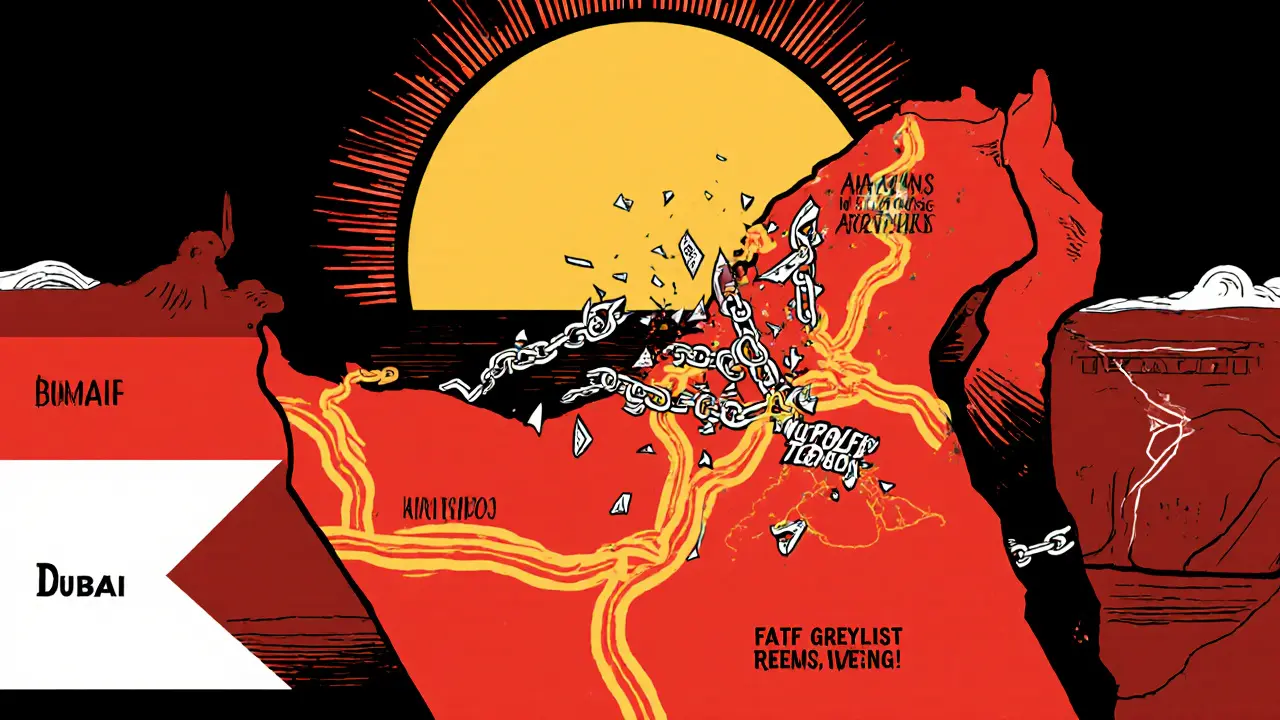AML Crypto Compliance: What You Need to Know to Stay Legal
When you trade crypto, AML crypto compliance, the set of rules designed to stop criminals from using digital assets to hide illegal money. Also known as anti-money laundering for crypto, it’s not optional—it’s the backbone of any exchange that wants to stay open. If you’re using Binance, Coinbase, or even a no-KYC platform, someone somewhere is checking your transactions against AML rules. And if you’re in India, Nigeria, or Vietnam, those rules are now part of your daily trading life.
It’s not just about filling out forms. KYC crypto, the process of verifying your identity before you can trade. Also known as know your customer, it’s the first line of defense against fraud and theft. Platforms that skip KYC, like FutureX Pro or Ostable, aren’t cutting corners—they’re breaking laws. That’s why regulators shut them down. Meanwhile, VASP licensing, the legal status crypto businesses need to operate in countries like Nigeria and the EU. Also known as virtual asset service provider registration, it’s what separates real exchanges from scams. If a platform claims to be "FinCEN-approved" but won’t show you proof, it’s lying. And if you’re trading in Tunisia or Iran, you’re not just avoiding banks—you’re navigating a legal gray zone where AML rules are ignored, not enforced.
AML crypto compliance affects everyone, even if you don’t think it does. India’s 1% TDS on every trade? That’s AML in action. Vietnam’s 0.1% transaction tax? Also AML. These aren’t taxes for revenue—they’re tracking tools. Governments use them to monitor who’s moving money, when, and how much. Even meme coins like TROLL or NIKITA aren’t safe from scrutiny. If a token has no team, no roadmap, and zero trading volume, regulators flag it as high-risk. That’s not because it’s a scam—it’s because it fits the profile of a money-laundering vehicle.
You don’t need to be a lawyer to understand this. But you do need to know the basics: if a platform asks for ID, it’s following the law. If it doesn’t, you’re on your own. If your country taxes every trade, you’re already in the system. And if you’re using P2P trading to bypass banking bans, you’re walking a tightrope between freedom and risk. The posts below break down exactly how these rules play out—from Nigeria’s VASP licensing requirements to the U.S. exit tax on crypto assets. You’ll see how real traders, exchanges, and even North Korean hackers are forced to adapt. This isn’t theory. It’s your reality. Let’s get you prepared.

UAE Removal from FATF Greylist: How It Changed the Crypto Industry
The UAE's removal from the FATF grey list in 2024 transformed its crypto industry, unlocking banking access, attracting global exchanges, and boosting investor trust. Compliance reforms created a credible, regulated hub for digital assets.
© 2026. All rights reserved.